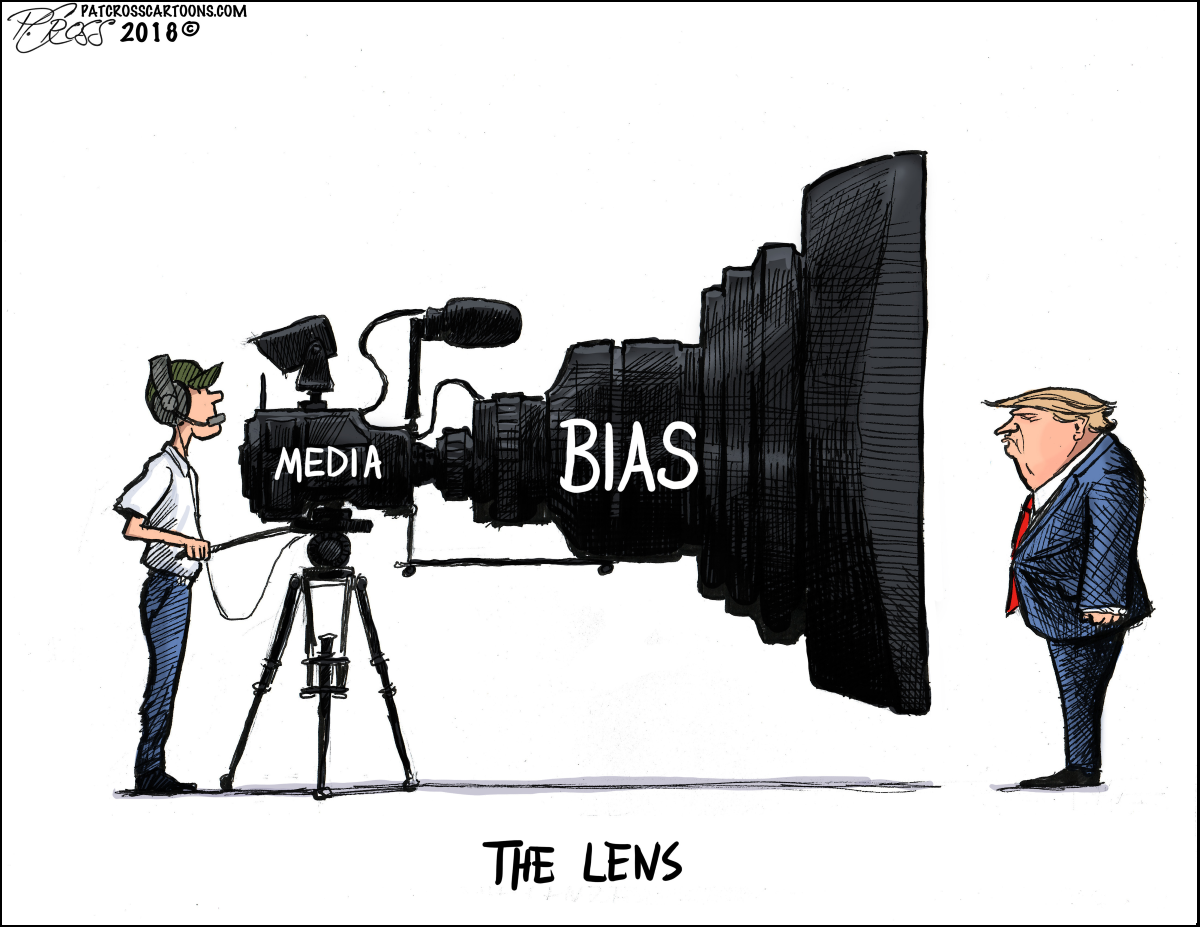Dalio: Loss Of Truth In Media Is A Threat To Our Democracy
Authored by Ray Dalio via LinkedIn.com,
While I have reflected on the corrosive effects that fake and distorted media are having on our society’s well-being for the past few years, I am now more concerned about it than ever.
To me media distortions + great polarity + the upcoming elections = a significant risk to quality democracy.
It is no longer controversial to say that media distortions are a serious problem. Even most of the media folks I speak with share my concern. As Martin Baron, the Washington Post’s Executive Editor, said in reflecting on the problem, “If you have a society where people can’t agree on the basic facts, how do you have a functioning democracy?”
This is not just a fringe media problem; it is a mainstream media problem. A 2019 Gallup study said that only 13 percent of Americans surveyed have “a great deal” of trust in the media. Only 41 percent of those surveyed said that they have either a “fair” or “great deal” of trust in media. That compares with 55 percent having such confidence in 1999 and 72 percent in 1976. The dramatically decreased trustworthiness has even plagued icons of journalistic trust such as The Wall Street Journal and The New York Times, as sensationalism and commercialism have superseded accuracy and journalistic integrity as primary objectives.
A number of media writers have in private told me that their editors have specifically hired them to write negative, sensationalistic stories because they sell best. They explained that the financial decline of print media and the public’s short attention span have required them to produce such attention-grabbing headlines and stories or face financial decline.
I also see this problem becoming a greater issue —perhaps the greatest issue—of the presidential election. One very senior political strategist explained that in the upcoming presidential election only about 500,000 people—i.e., the swing voters in the swing states—will determine the election and the way these voters will be won is with critical sensationalistic headlines. As a result, this strategist works with those in the media to bring that about. To me that is a clear threat to democracy.
To be clear, I am not saying that distorted media is coming from all people in the news media or in all publications. In fact there are a number of true journalists and publications that seek to convey accurate information and there are newer outlets in new formats such as podcasts that produce excellent media. Also, social media platforms like the platform we are now communicating on allow large groups of people to communicate directly whereas in the past traditional media controlled all large-scale communications. Still, the problem remains.
What can be done to fix this problem? While I’m no expert on this, I will throw out a few thoughts.
The news media is unique in being the only industry that operates without quality controls or checks on its power. It has so much unchecked power that even the most powerful people and companies are afraid to speak out against it for fear of recrimination. At the same time we all treasure our free press. I think it would be terrible for our government to regulate it.
Perhaps because the loss of credibility is a threat to the media, prominent media organizations might explore ways of self-regulating the quality of what they are producing, or create ratings in the way the Motion Picture Association of America provides its movie ratings. If the industry created a self-regulatory organization that set standards and conveyed assessments of quality as is done in a number of other industries, perhaps that would work. Or perhaps private organizations—perhaps NGOs—would come forth to rate the quality of major media outlets accuracy.
Tyler Durden
Fri, 01/17/2020 – 11:28
via ZeroHedge News https://ift.tt/2RxAO4W Tyler Durden
